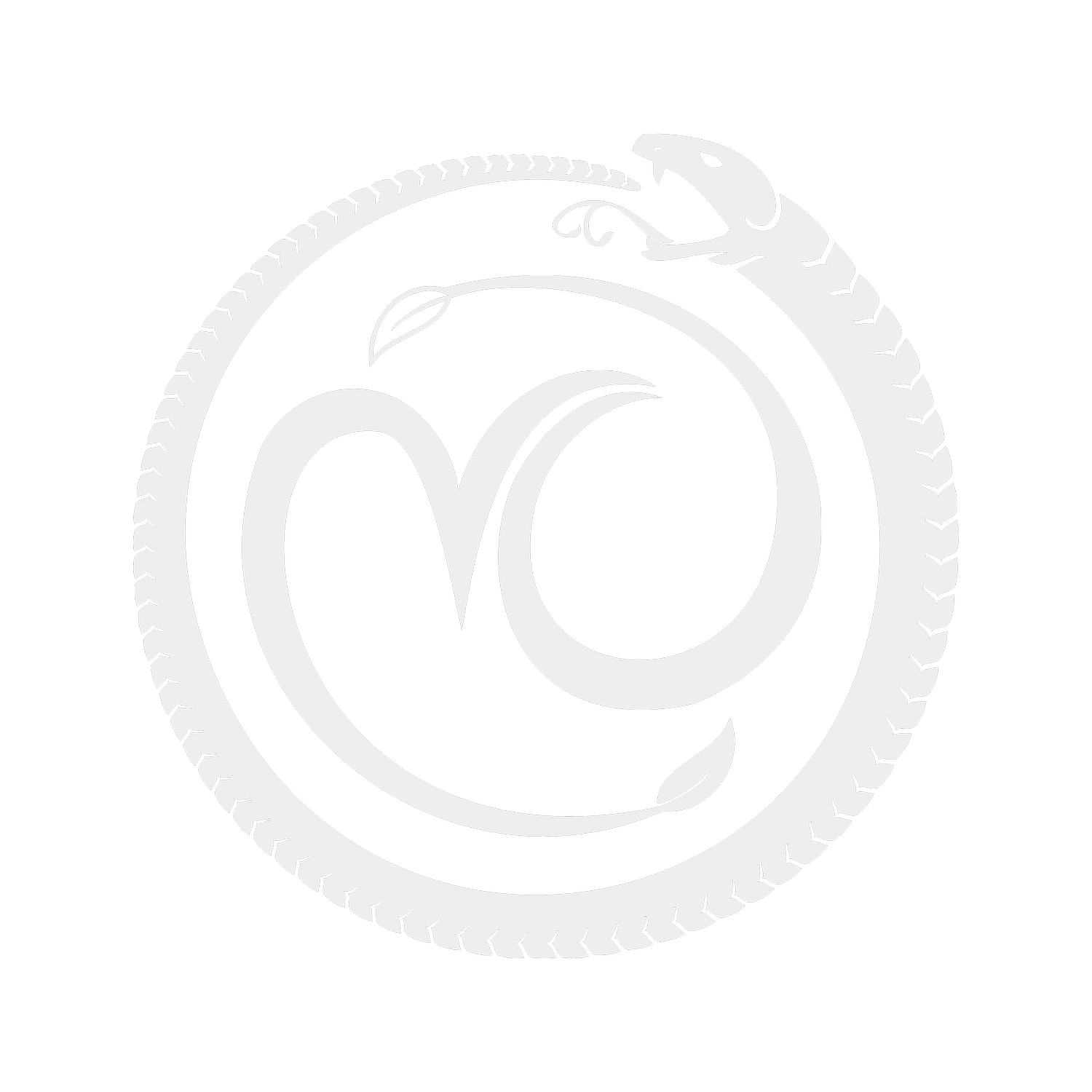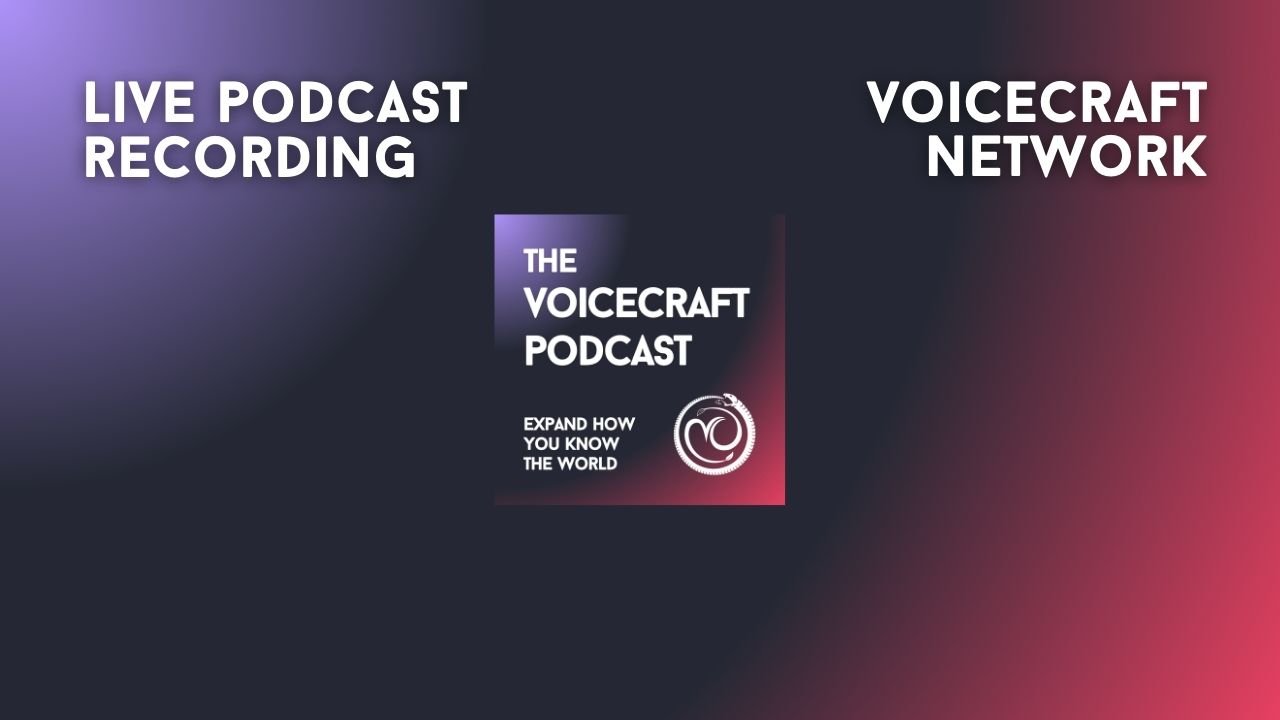E98| Core Philosophy for the Digital Age | Alexander Bard in dialogue with Tim Adalin
An exploration of what it means practically and metaphysically to participate in our evolving digital age, defined by the Swedish philosopher Alexander Bard as the paradigm of attentionalism.
What does it mean to participate in transformation? How can we respond in the context of emerging technological power? See the show notes for topics covered.
-
3:00 - Retraction, Not Revolution
4:24 - Participation and Individualism
13:34 - Jung, (In)dividuation and the Digital Remaking of Tribes
23:00 - Transition from Tribe to Empire
28:24 - Dynamics of the Internet Elite
38:27 - Time Reclamation
43:17 - Praxis and Metaphysics / Participation, Emergence Vector Theory and Attentionalism
57:00 - The Cult of Transparency / Function of the Barred Absolute
1:10:00 - Attentionalism and the Free & Open Algorithm
1:18:52 - Discussion on Emergence Vector Theory and Participation
1:27:03 - Three Types of Storytelling: Mythos, Pathos, Logos
1:29:26 - Modes of Orientation and the Relationship Between Mysticism and Analysis
1:45:44 - Question: Can Virtualities Collide if They Lack Potency?
1:52:35 - The Importance of Both Mysticism and Analysis
The following summary and keywords are generated by AI.
SummaryThe conversation explores the importance of philosophy in the digital age and the need for a shift from individualism to a focus on relationships and communities. It delves into the concept of emergence and the role of paradigm shifts in shaping society. The discussion also touches on the dynamics between the consumtariat and the netocracy, and the potential for disentangling parasitic dynamics in the internet age. Overall, the conversation emphasizes the need for a philosophical approach to navigate the challenges and opportunities of our evolving technological landscape. The conversation explores the concept of time and the necessity of slowing down time. It delves into the idea of retraction and the cultivation of attention as a means to participate in life. The discussion also touches on the changing paradigm and landscape of affordances, and the empowerment that comes from recognizing and cultivating one's viability. The conversation then shifts to the philosophy of time and the need for a new existentialist philosophy for the attentionalist age. It explores the importance of understanding what it means to be human and how to navigate the tensions of our time. The concept of the barred absolute and the role of membranes in creating boundaries and enabling transformation are also discussed. The conversation concludes with a discussion on the promise of a free and open algorithm and the need to challenge the corruption, manipulation, and conformity of the old paradigm. In this final part of the conversation, Tim and Alex discuss the concepts of virtuality, potentiality, and actuality. They explore the relationship between language, communication, and the emergence of new paradigms. They also touch on the importance of antagonism and the role of religion and language in creating shared spaces for collaboration. The conversation delves into the philosophical ideas of Whitehead, Nietzsche, and Hegel, and the challenges of thinking about virtuality and potentiality. They conclude by discussing the liberating nature of thinking in terms of potentiality, and the integration of mysticism and analysis in understanding the world.
Keywords
philosophy, digital age, individualism, relationships, communities, emergence, paradigm shifts, consumtariat, netocracy, internet age, time, slowing down, retraction, attention, changing paradigm, landscape of affordances, empowerment, philosophy of time, existentialist philosophy, attentionalist age, human experience, membranes, transformation, free and open algorithm, corruption, manipulation, conformity, virtuality, potentiality, actuality, language, communication, emergence, paradigms, antagonism, religion, shared spaces, collaboration, Whitehead, Nietzsche, Hegel, mysticism, analysis
-
APPLE PODCASTS | OVERCAST | SPOTIFY | RSS | SOUNDCLOUD | GOOGLE PLAY | YOUTUBE
-
Alexander Bard, born in 1961, is a philosopher, writer, artist & record producer. Alexander was a fundamental force in creating the Swedish music export sensation — making his small native country the world’s third biggest exporter of music — and promoting the information technology revolution. He is also a front figure for the new export of radical Scandinavian thinkers and has repeatedly been named one of Sweden’s brightest minds.
Alexander has written three books on the internet revolution, collectively known as The Futurica Trilogy, together with media theorist Jan Söderqvist. Their first collaboration The Netocrats was originally released in Swedish in 2000, became available in English in 2003, and has since been translated to a further 16 languages with total worldwide sales exceeding 340,000 copies. The second book The Global Empire was originally released in Swedish in 2003, while the third instalment of the trilogy The Body Machines was originally published in Swedish in 2009. These latter two works were released in English in 2012, completing The Futurica Trilogy, in which the authors present their philosophical vision for a global and increasingly virtual society, as a consequence of the interactive revolution.
More recent works include Syntheism: Creating God In The Internet age; and Digital Libido: Sex, Power, and Violence in the Network Society, which form a completed trilogy with the 2023 release of Process and Event.
-
Tim is the founder of Voicecraft and a philosopher with a focus on the relation between participation and transformation. You can connect with Tim individually @ https://www.timadalin.xyz
-
Voicecraft conversations expand how the world is known across themes of psyche, culture and nature.
The Voicecraft Project is comprised of a media & events platform, academy, and participatory membership network.
-
Listen on YouTube: https://www.youtube.com/embed/Qaj-stBL4W0
Support this project
This project is fuelled by support on Patreon and membership in the Voicecraft Network. If you appreciate the work, please consider becoming a Patron.
Go here for applications to the Voicecraft Network.
Or, make a one time donation using the button below.
Participate
You can learn about the Voicecraft Network here. If scheduled, below you’ll find a selection of online & in-person events which explore similar themes to the Voicecraft podcast, in the same spirit of participation.






















